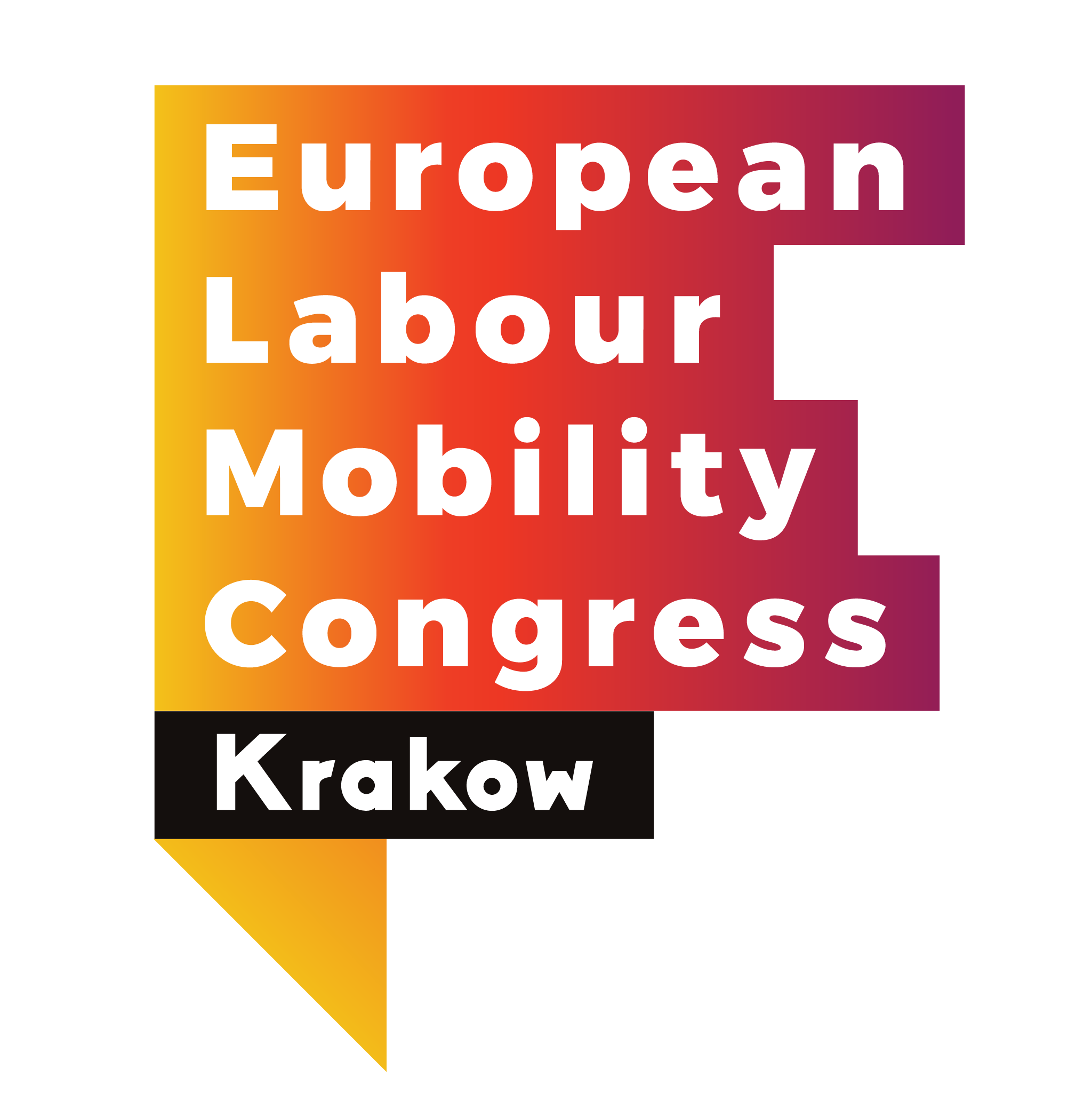The number of workers from Poland posted to other EU countries is increasing exponentially. Last year alone, this possibility was used approx. 800 thousand times. This is according to a report entitled 'Coordination of social security - situation of Poles going abroad and EU citizens coming to Poland' by CRIDO, prepared on the occasion of the 20th anniversary of Poland in the European Union.
Experts point out that the free movement of people caused by Poland's accession to the EU has been associated with a huge increase in the number of A1 certificates issued (employees going abroad to work can use it to confirm that they are subject to the social security system of the country that issued such a document, which in the case of Poland is ZUS). The scale of secondments of Poles to perform work abroad is steadily growing, as a result of which Poles, wishing to continue to be subject to Polish social security legislation, increasingly decide to apply for A1.
- It may come as a surprise that the number of applications for this certificate continues to increase, instead of decreasing, and this despite the difficulties arising from the Posting of Workers Directive. Of course, this may be due to strictly market factors - the high economic competitiveness and quality of our companies, their employees and the needs of foreign labour markets experiencing continuous shortages in certain sectors, believes Arnold Kowalski, CRIDO personal tax expert. At the same time, he adds that remaining in the Polish social security system, made possible by the A1, gives our companies a considerable advantage - insurance premiums in Poland may sometimes turn out to be lower than in Western countries.
- However, we must bear in mind that Poland is slowly ceasing to be a country of emigration and is becoming a country of immigration, and that the burden on the pension system for demographic reasons will continue to grow. The factors that have hitherto determined our competitiveness may prove to be a hindrance to Poland's development opportunities over the next few years. We must be careful not to miss the moment when the trends will reverse and foreign social security systems will become more favourable to our companies and employees, while ZUS will be left with an increasing deficit," points out Arnold Kowalski.
Directive without major impact
Marcin Kiełbasa, Doctor of Law, legal advisor in European Labour Mobility Institute, assistant professor in the Department of Public Economic Law and Labor Law at the Cracow University of Economics (UEK):
The number of certified A1 forms has increased for another consecutive year both in Poland and across the EU. According to a newly published study by the prestigious Belgian HIVA centre, almost 4.6 million A1s were certified in the EU/EFTA (European Free Trade Association) countries and the UK in 2022 (compared to 1.3 million E101s - then A1 equivalents - in 2007). This represents a return to the status quo prior to the COVID-19 pandemic (a similar number of A1s were certified in 2019), which had the most significant impact on the reduction in the number of forms certified (-19 per cent in 2020 and -3 per cent in 2021).
Contrary to fears, Revision Directive 2018/957/EU, which amended the posting rules (taking effect from 30 July 2020), has not in itself resulted in a significant reduction in the number of workers posted from Poland (and in postings in the EU in general).
However, this does not mean that there is a lack of barriers in the posting of workers from Poland. Quite the contrary. Among the most important are restrictions on the posting of so-called third-country nationals (citizens of countries outside the EU, the European Economic Area or Switzerland), legally employed and residing in Poland. The most emblematic barrier in this respect is still the German 'Vander Elst visa' - a kind of residence title based on the German Visa Handbook (Visumhandbuch), which stipulates the requirement to obtain a residence visa before entering Germany, which is incompatible with EU law (above all, with the freedom to provide services under Article 56 of the Treaty on the Functioning of the European Union). Germany already lost a case on this visa before the Court of Justice of the EU in 2006 (Case C-244/04), but continues to use this instrument. This causes many entrepreneurs to refrain from posting workers - third-country nationals - to Germany for fear of sanctions, including deportation.
Other recent control phenomena in countries receiving posted workers include controls on so-called actual posting and the related issue of pre-deployment employment.
The most recent example of the restrictive approach of some host Member States to the posting of workers is the report of the Dutch Advisory Committee on Migration (Adviesraad Migratie) with the telling title (referring directly to the origin of non-EU, EEA, Swiss nationals) - 'No Third-Class Nationals. Risks for posted migrant workers (sic!) and Dutch society'. It suggests, among other things, banning 'flexible' employment contracts (such as the posting of third-country nationals) in 'sectors with a high level of abuse', introducing more severe consequences for employers and parties involved in the posting of workers found to be disadvantageous to posted workers of third-country nationals (without specifying what this 'disadvantage' consists of), or increasing controls.
Entire article on Dziennik Gazeta Prawna
About the European Labour Mobility Institute
The European Labour Mobility Institute is Europe's largest think tank on the posting of workers. We bring together entrepreneurs, academics, lawyers and civil servants to create Poland's only and Europe's largest expert knowledge forum on the posting of workers. We take action to improve the applicable law and its correct interpretation and to stop cases of discrimination against Polish employers and their posted workers. We provide our members with access to current information and expertise. more >>>








